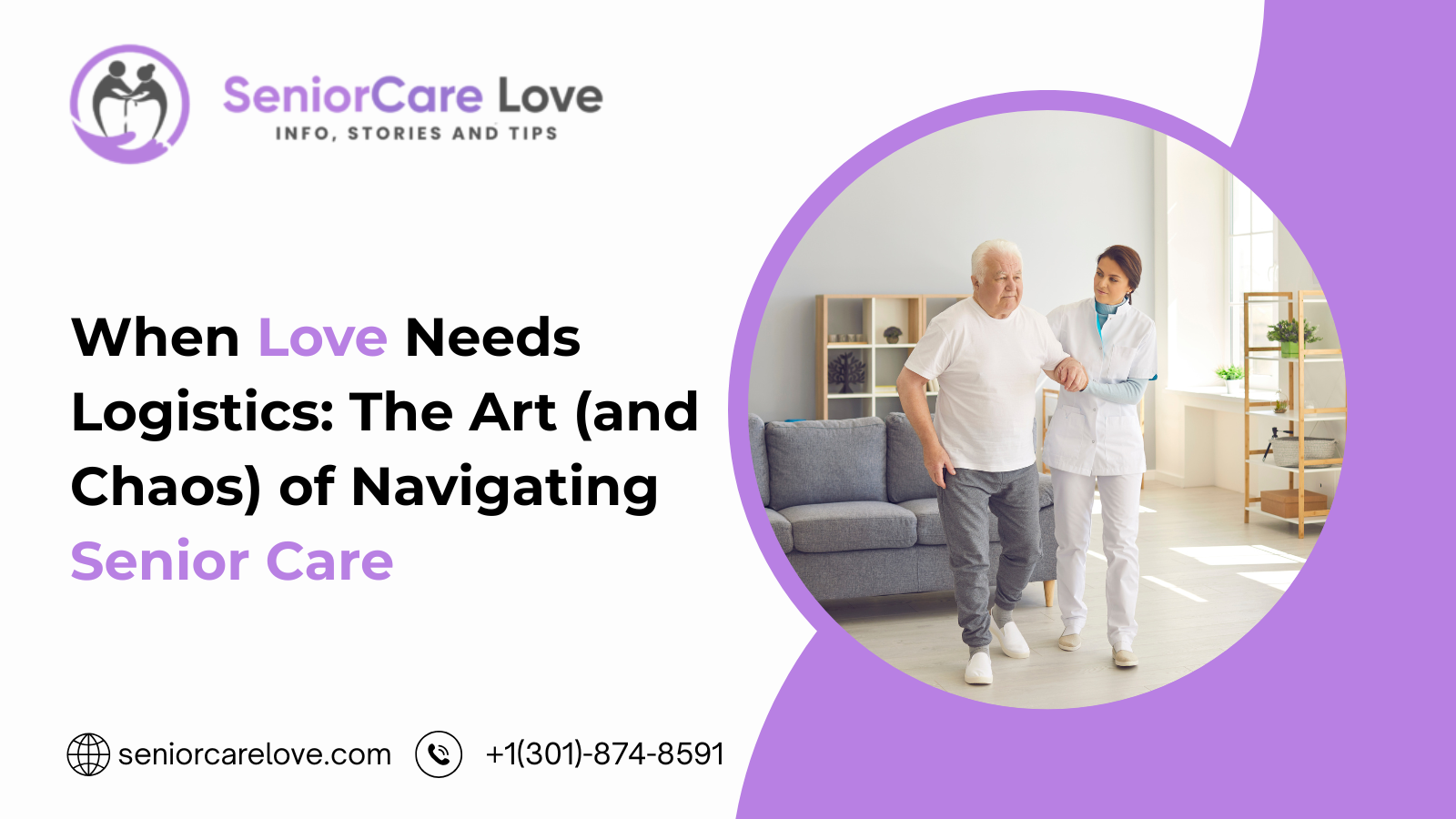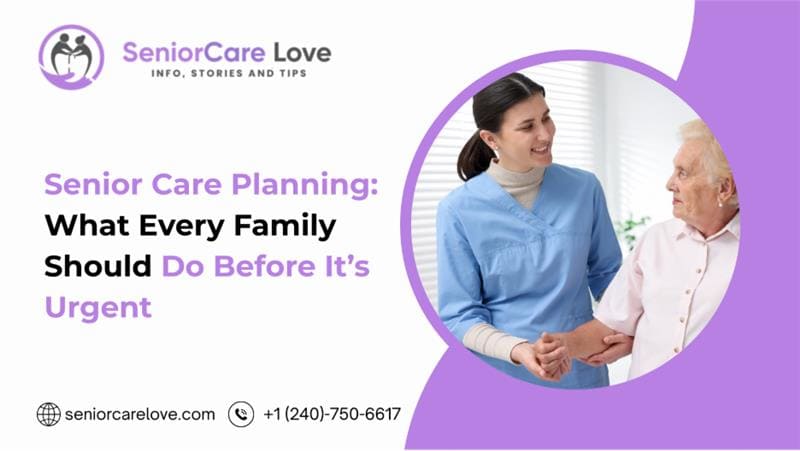When you are living with someone diagnosed with Dementia, it can be extremely challenging. Dementia is a progressive cognitive decline that causes a significant lifestyle change. Though you cannot reverse it but can manage the progress of dementia to some extent.
As cognitive decline keeps on increasing, you may notice unusual behavioral changes. So, at some point, you need a certified caregiver for memory care at home or dementia care services to help you out. The caregivers will help you with the activities of daily living.
However, the symptoms of dementia may vary from person to person. Initially, your loved one can live independently, but with time, a caregiver is needed. However, the caregivers or the family can help your family member live independently.
In the following, we will provide you with some tips on how you can help an individual diagnosed with dementia stay independent. But before some tips, let’s explore,
Table of content:
- What is Dementia?
- How can you support your loved one with dementia?
- Dementia care tips
- Do you need any extra help to support your loved one?
What is Dementia?
Dementia is a progressive loss of cognitive functions. As a result, an individual has difficulty speaking or often loses their problem-solving abilities. Such significant changes in the brain often interfere with the activities of daily living. This includes bathing, eating, walking, sleep cycle, and so forth.

As the cognitive declination increases, your loved one is unable to control emotions. It isn’t a part of aging but is widely common in the advancing years.
It is important that your loved one diagnosed with dementia must be surrounded by their near and dear ones. Family members can help older adults live independently and safely.
How Can You Support Your Loved Ones with Dementia?
When your loved one is diagnosed with progressive cognitive decline, it can certainly be challenging to deal with in the coming phase. You will notice behavioral changes, including anxiety, frustration, anger, and so forth.
However, there are many things you can do to support someone with dementia.
Here is what you can do:
- Engage them in memory-stimulating activities
- Avoid noisy surroundings
- Speak softly
- Wait patiently for their response
- Provide them with constant companionship
- Encourage them to consume nutritious meals
In the initial phase, your loved one will be able to manage things independently. However, if your loved one is staying alone and has been diagnosed with dementia, you may think of hiring a certified caregiver. Also, you can speak to a senior care advisor to get tips on dementia care.
Here, we will provide some tips so you can encourage your loved one who has been diagnosed with early-stage dementia to live independently.
Dementia Care Tips:
1. Get Enough Lighting In The Rooms
If the room is dark, it may lead to confusion, anxiety, or frustration. Also, rooms with poor lighting can increase the risk of accidents. No lights on the stairs or bathrooms can result in fear and frustration.
So, keep enough light on the stairways, bathrooms, and bedrooms to avoid accidents.
As dementia may result in a lack of coordination or uncoordinated movements, not having enough lights can lead to severe accidents. Allow natural lighting in the room as much as possible.
2. Keep the kitchen closet filled with healthy snacks
It is important to have a proper nutrition intake to boost your mind and body, and the same goes for people diagnosed with Dementia too.
As Dementia progresses, a person may forget to eat, which causes severe health complications. Lack of appetite and improper nutrition can cause many health issues and illnesses. It is important to get proper nutrition on time.
Stock the kitchen closets and refrigerator with enough healthy snacks and sticky notes to remind them to eat on time. You can buy fresh fruits, vegetables, pre-made salads, or easy-to-make items.
3. Find A Way Out To Ensure Medications On Time
With progressing Dementia, your older adult has difficulty remembering to take medicines on time. Untimely consumption of medication causes confusion. The solution is very simple.
You can also keep the pillboxes in the bathrooms or near the nightstands.
You can get a pill organizer to help your loved one with medicines. Write down which medicine is to be taken and when. This will keep them reminded about taking medications on time.
4. Ensure That Your Loved One Isn’t Driving Around Alone
In early-stage dementia, your loved one is still able to drive all alone. However, things get difficult over the course of months or years. Your loved one will have difficulty understanding the traffic signals or may have small accidents.
There are chances that your loved one may get lost in a familiar place or violate traffic rules.
However, it is better to assess the severity by determining the progress of dementia. It’s better to hire a person who could help you with driving to nearby grocery or medical stores.
5. Declutter House, Stay Organized
If the house is cluttered, it may cause frustration and anxiety to your older family member diagnosed with dementia. Also, keeping things here and there can cause serious accidents.
To make things easier, help your loved one keep the house clean. Stick small notes on what things are to be kept in which places. This will help your loved one stay organized and make the house cleaner.
Visit them often or ask them if they need extra support to help them out.
Does Your Loved One Need Extra Help?
With progressing dementia, things don’t get any easier. There are times when your loved one needs extra help to continue with the activities of daily living, maintain personal hygiene, and so forth.
Get in touch with dementia care services in Maryland to help your loved one.
Also, getting a full-time in-home caregiver for dementia support services can make things slightly easier. The caregivers can assist your loved one with personal hygiene and activities of daily living. You can also speak to a senior care advisor to help out with dementia caregiver support.
Wondering how to get dementia care services in Maryland?
Get in touch with the care expert at Senior Care Love. Our care experts will first assess the severity of the memory issues by asking you and your loved ones about their mental health. Based on the severity of the progression, our loved one can recommend whether you need memory care facilities or not.
Our experts also have knowledge about the various dementia care services in Maryland. We recommend the right memory care services that are suitable for the needs of your loved one.








